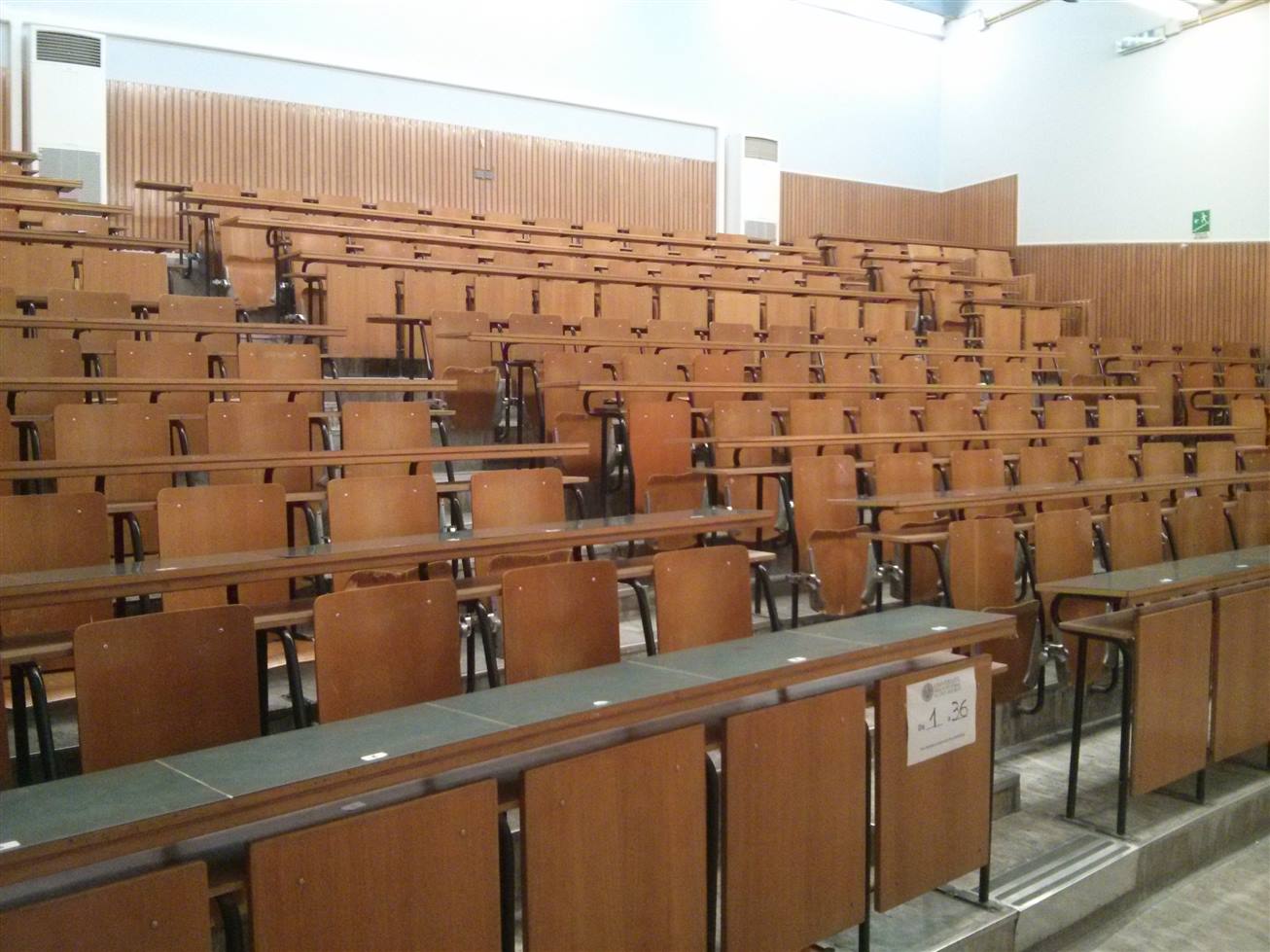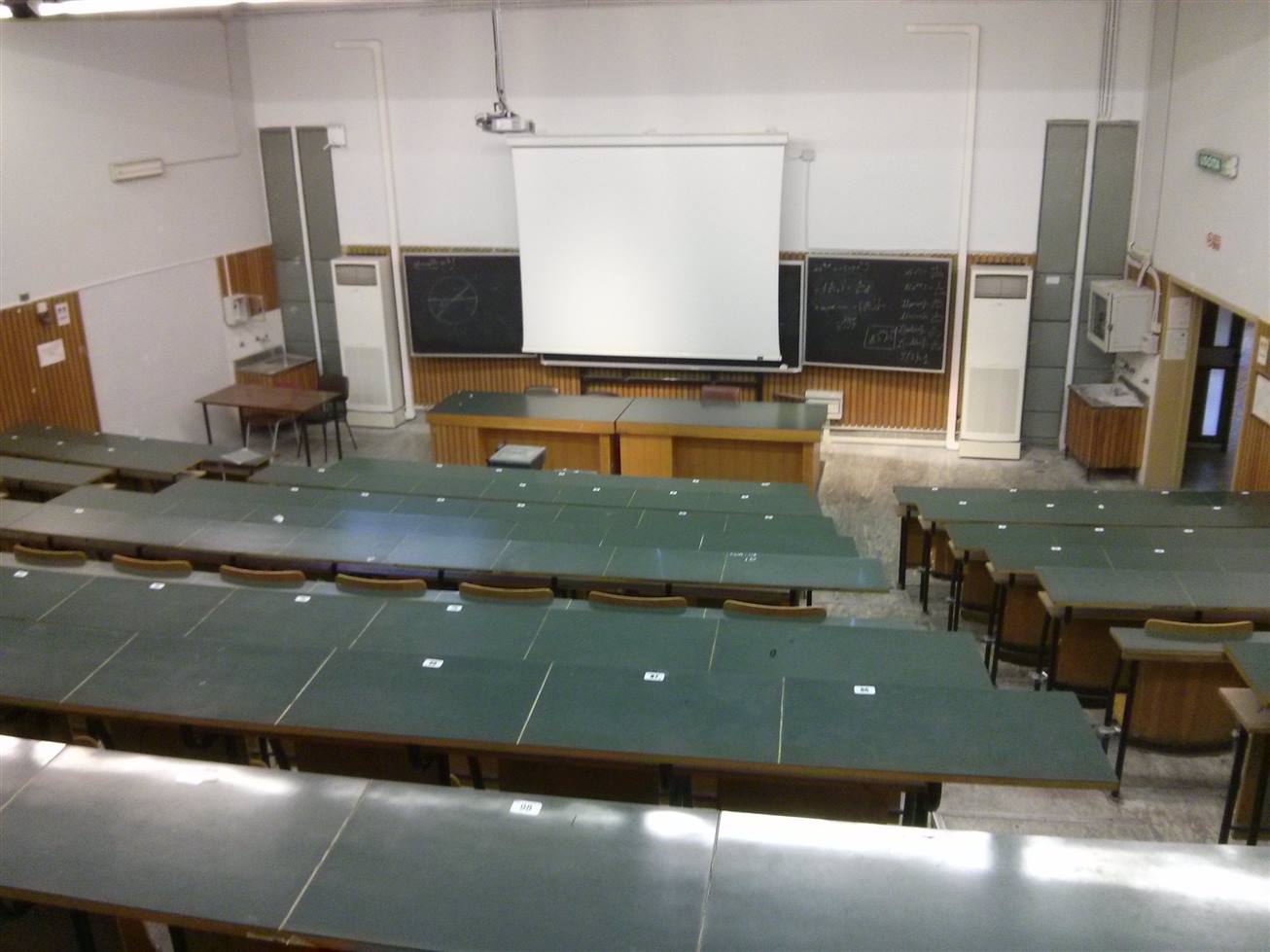Quantifying the role of talent and luck in getting success
Evento
- Titolo:
- Quantifying the role of talent and luck in getting success
- Quando:
- Mar, 26. Febbraio 2019, 15:30 - 17:30
- Dove:
- Bari,
- Categoria:
- Seminari
Descrizione
Quantifying the role of talent and luck in getting success.
The largely dominant meritocratic paradigm of highly competitive Western cultures is rooted on the belief that success is due mainly, if not exclusively, to personal qualities such as talent, intelligence, skills, efforts or risk taking.
Sometimes, we are willing to admit that a certain degree of luck could also play a role in achieving significant material success. But, as a matter of fact, it is rather common to underestimate the importance of external forces in individual successful stories.
It is very well known that intelligence or talent exhibit a Gaussian distribution among the population, whereas the distribution of wealth - considered a proxy of success follows typically a power law (Pareto law).
Such a discrepancy between a Normal distribution of inputs, with a typical scale, and the scale invariant distribution of outputs, suggests that some hidden ingredient is at work behind the scenes. In this paper, with the help of a very simple agent-based model, we suggest that such an ingredient is just randomness.
In particular, we show that, if it is true that some degree of talent is necessary to be successful in life, almost never the most talented people reach the highest peaks of success, being overtaken by mediocre but sensibly luckier individuals.
As to our knowledge, this counterintuitive result although implicitly suggested between the lines in a vast literature is quantified for the first time. It sheds new light on the effectiveness of assessing merit on the basis of the reached level of success and underlines the risks of distributing excessive honors or resources to people who, at the end of the day, could have been simply luckier than others. With the help of this model, several policy hypotheses are also addressed and compared to show the most efficient strategies for public funding of research in order to improve meritocracy, diversity and innovation.
Andrea Rapisarda
INFN and University of Catania, Italy - Complexity Science Hub Vienna, Austria
References:
"Talent vs Luck: the role of randomness in success and failure", A. Pluchino, A.E. Biondo, A. Rapisarda, Advances in Complex Systems 21 (2018) 1850014
Exploring the Role of Interdisciplinarity in Physics: Success, Talent and Luck.
The debate on the benefits of specialized and interdisciplinary research has a long tradition but still remains largely controversial. Recently, this topic has received an increasing attention, also due the highly competitive environment where scientists have to compete for comparative funding and publication of papers in top-ranked academic journals.
In this context, it has been shown that the commonly adopted meritocratic strategies, which pursuit excellence and drive out variety, seem destined to be loosing and inefficient, in large part also because chance and luck seem to play an important role in determining the success of a scientific research as well as of a scientific career.
In this talk we present a recent study [1] where we leveraged the bibliographic data set of the American Physical Society (APS) in order to quantify the role of interdisciplinarity in physics, and that of talent and luck in achieving success in scientific careers.
We analyze a period of 30 years (1980-2009) tagging papers and their authors by means of the Physics and Astronomy Classification Scheme (PACS), to show that some degree of interdisciplinarity is quite helpful to reach success, measured as a proxy of either the number of articles or the citations score. We also propose an agent-based model of the publication-reputation- citation dynamics which reproduces the trends observed in the APS data set.
On the one hand, the results highlight the crucial role of randomness and serendipity in real scientific research; on the other, they shed light on a counterintuitive effect indicating that the most talented authors are not necessarily the most successful ones.
Alessandro Pluchino
Dipartimento di Fisica e Astronomia “E.Majorana", Università di Catania
INFN Sezione di Catania
[1] A. Pluchino, G.Burgio, A. Rapisarda, A. E. Biondo, A. Pulvirenti, A. Ferro, T. Giorgino (2018) arXiv:1901.03607v1 [physics.soc-ph]






